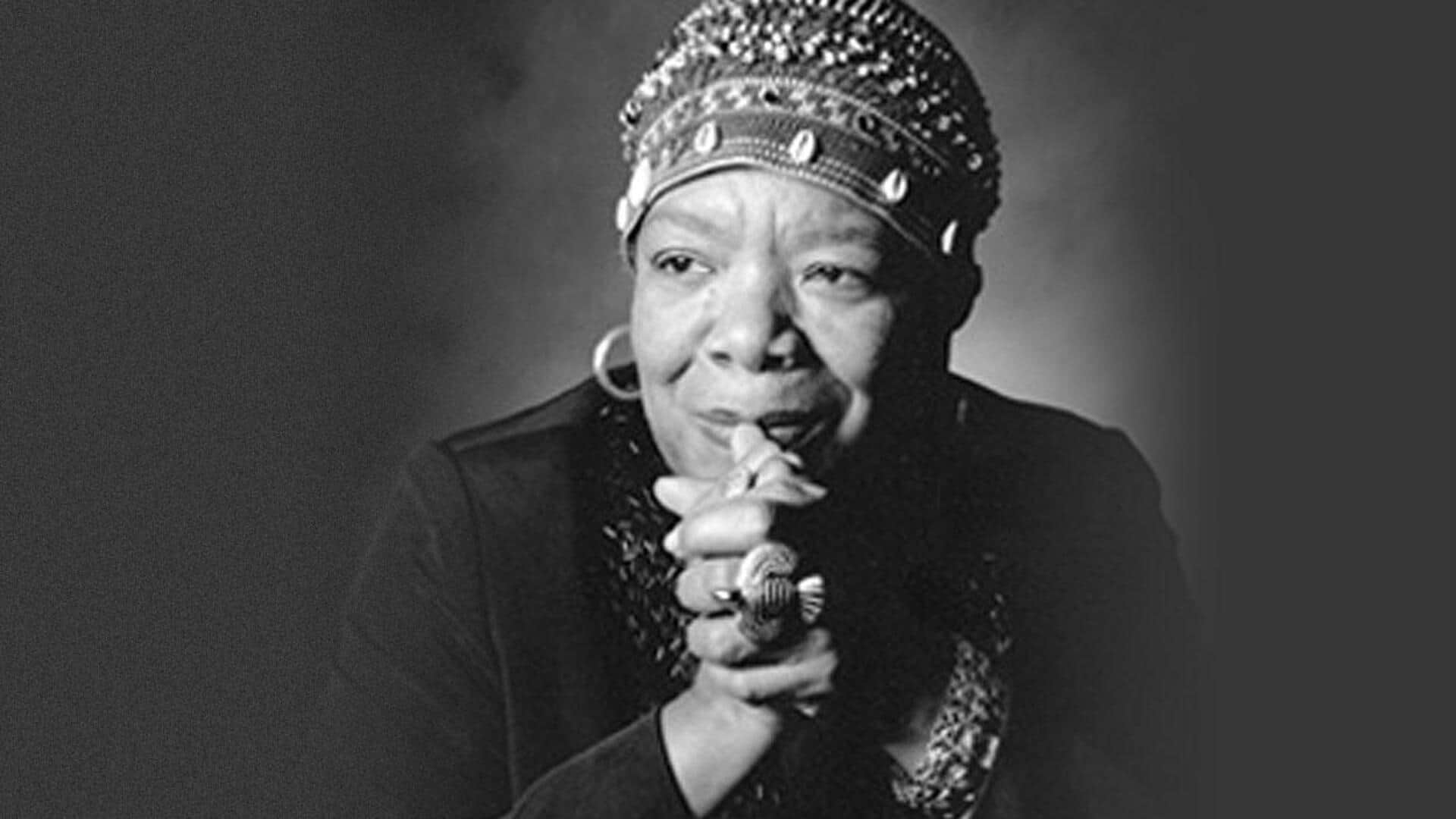
5 books recommended by Maya Angelou
What's the story
Celebrated author and poet Maya Angelou had a deep appreciation for African literature. Her endorsements have brought to the fore books that provide deep insights into the African culture, history, and storytelling. Not only do these books mirror the rich tapestry of African life, they also echo universal themes of resilience and identity. Here are some of the best works she recommended, each giving a different perspective into the African experience.
Cultural insight5
'Things Fall Apart' by Chinua Achebe
Things Fall Apart is arguably the most acclaimed African novel. It captures pre-colonial life in Nigeria and the effects of European colonization through the life of Okonkwo, a respected leader in his community. The book explores tradition vs. change, and individual vs. society. Achebe's narrative gives readers an insight into Igbo culture and its complexities.
Women's perspective
'The Joys of Motherhood' by Buchi Emecheta
Through its protagonist, Nnu Ego, this novel provides an intimate portrait of motherhood in Nigerian society. The story details her struggles to find a balance between traditional expectations and personal desires, as society evolves during colonial times. Emecheta's work illuminates the gender roles and dynamics of family, while also depicting the resilience needed to combat them.
Historical context
'A Grain of Wheat' by Ngugi wa Thiong'o
Set against Kenya's battle for independence from British rule, A Grain of Wheat interweaves several narratives to depict how ordinary lives were affected by political turmoil. The novel deals with themes such as betrayal, sacrifice, and redemption as characters grapple with their part in making history. Ngugi wa Thiong'o masterfully embodies both personal tales and larger historical narratives.
Personal reflection
'So Long A Letter' by Mariama Ba
This epistolary novel provides an intimate glimpse into the lives of Senegalese women through Ramatoulaye's letters after her husband's death. From tackling issues like polygamy, friendship among women suffering the same fate, the role of education in empowering generations in patriarchal societies like Senegalese culture at large then (when it was first published) too!